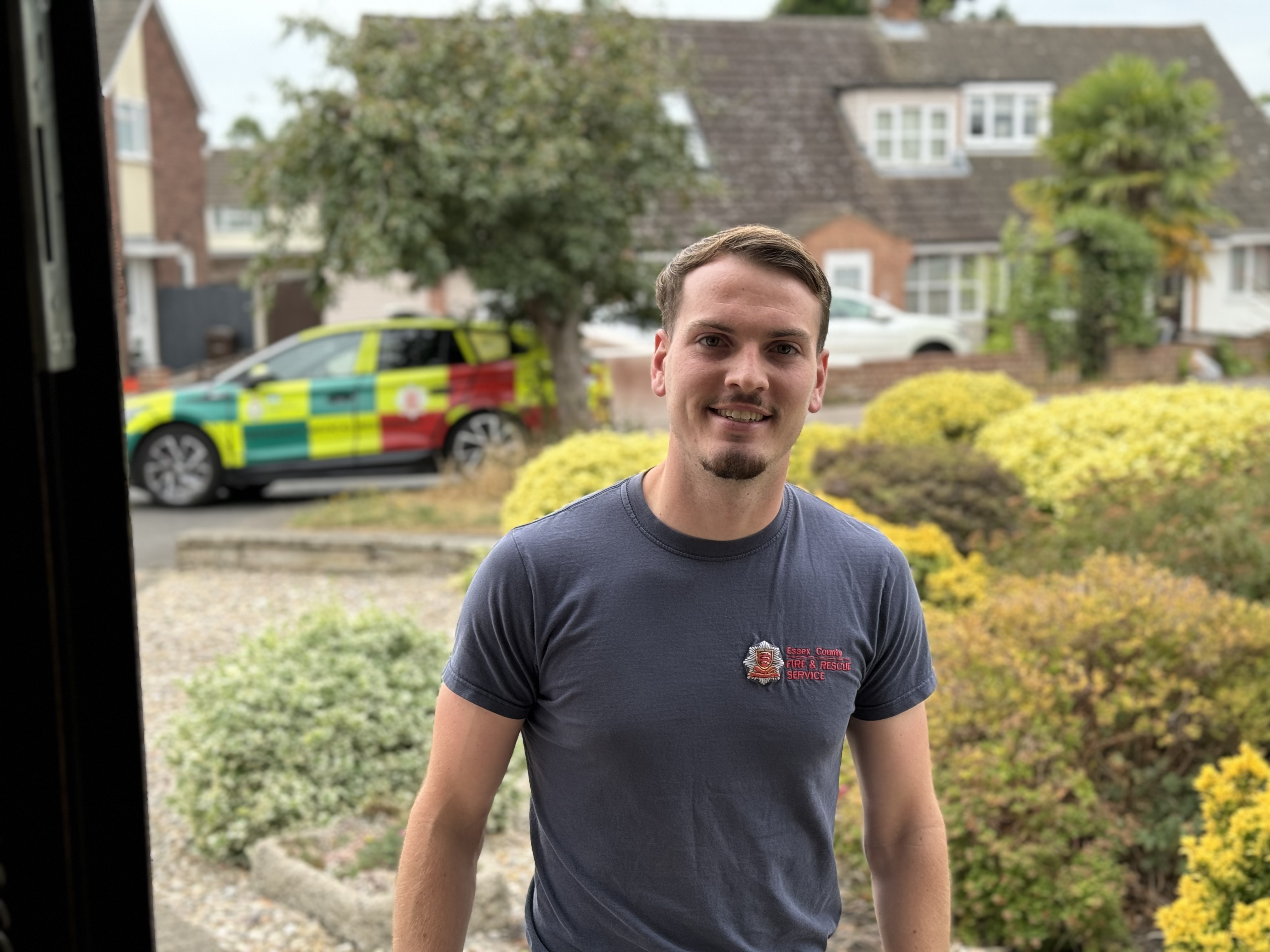Carers Hub
If you care for a family member, or are a social worker or support worker, we are here to support you. On this page you will find specialist advice to help you keep yourself, and the person you care for, safe.
Why is it important to us?
A third of the people that die in fires every year are looked after by a carer, whether that is a family member, friend or a professional carer. We believe that by working together, we can reduce fire deaths and injuries of vulnerable people.
We encourage every Carer to use the Online Home Fire Safety Check tool here, to refer someone for a Home Safety Visit: www.essex-fire.gov.uk/online
Referrals for Home Safety Visits - We'll visit anyone living in Essex, provide fire safe advice, signpost to other organisations if needed and check smoke alarms (and fit new alarms if required). All completely free of charge.
Keep in contact with us - We also encourage you to sign up to our mailing list which is specially for Carers and people working in the Health sector. Sign up here: www.essex-fire.gov.uk/signup
Take a look through the links below. Every page has a "print-friendly version" link so the page can be easily printed off if needed.
Emollient Skin Products

Health care equipment
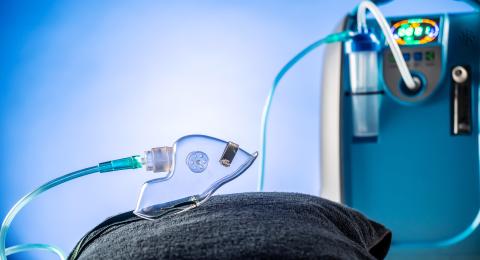
Caring for smokers

Sensory needs
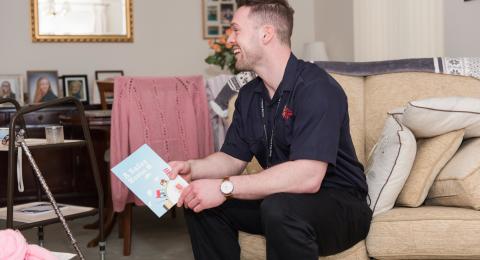
Ability to escape
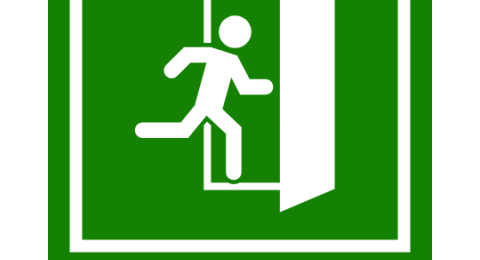
Hoarding
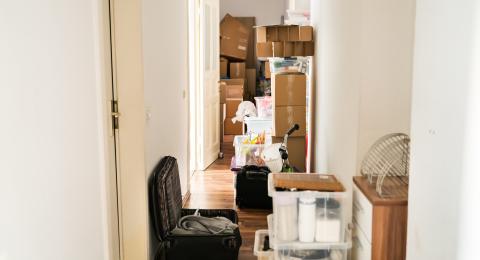
Dementia
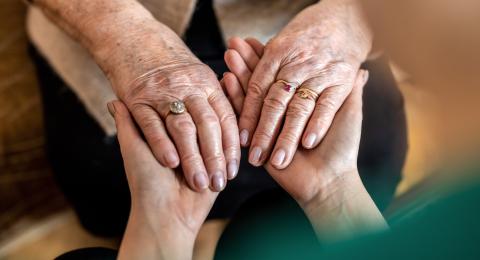
Domestic Violence

Partner information
Book a sensory visit

Request free fire-retardant bedding

Request a free portable misting unit

Complete an Online Home Fire Safety Check for yourself or someone else
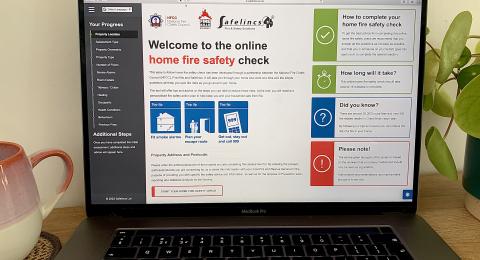
General fire safety guidance
All risk assessments of premises or patients must consider the risks posed by fire. We advise that:
-
Risk assessments must consider the individual’s environment, behaviours and the risk they pose to others, not just themselves
-
When caring for householders with limited mobility, consider the provision of inter-linked smoke alarms connected into a tele-care, carecall or life-line type system
-
The difference between a hospital, residential care setting and a domestic household must be considered
-
If there is heightened risk from fire, make a referral to us for a home fire safety visit as these provide bespoke advice and support to reduce risk and improve fire safety awareness in the home
-
Discourage smoking in, or on any bed. If an individual is insistent on smoking they should smoke away from their bed and mattress and only when a capable person is with them to offer immediate assistance if required
-
Fire retardant covers, bedding or clothing for at-risk smokers must always be considered, particularly if they are confined by immobility. This is the responsibility of any agency owing a duty of care for the health, safety and wellbeing of someone who may be likely to be at heightened risk. Provide enough protective bedding to allow items to be washed
-
Keep all ignition sources away from bedding and dynamic air flow mattresses and don’t use them with electric blankets
-
Don’t burn candles in the room of a person at heightened risk from fire
-
Don’t overload plug sockets and ensure electrical items are maintained, switched off and unplugged when not in use.

